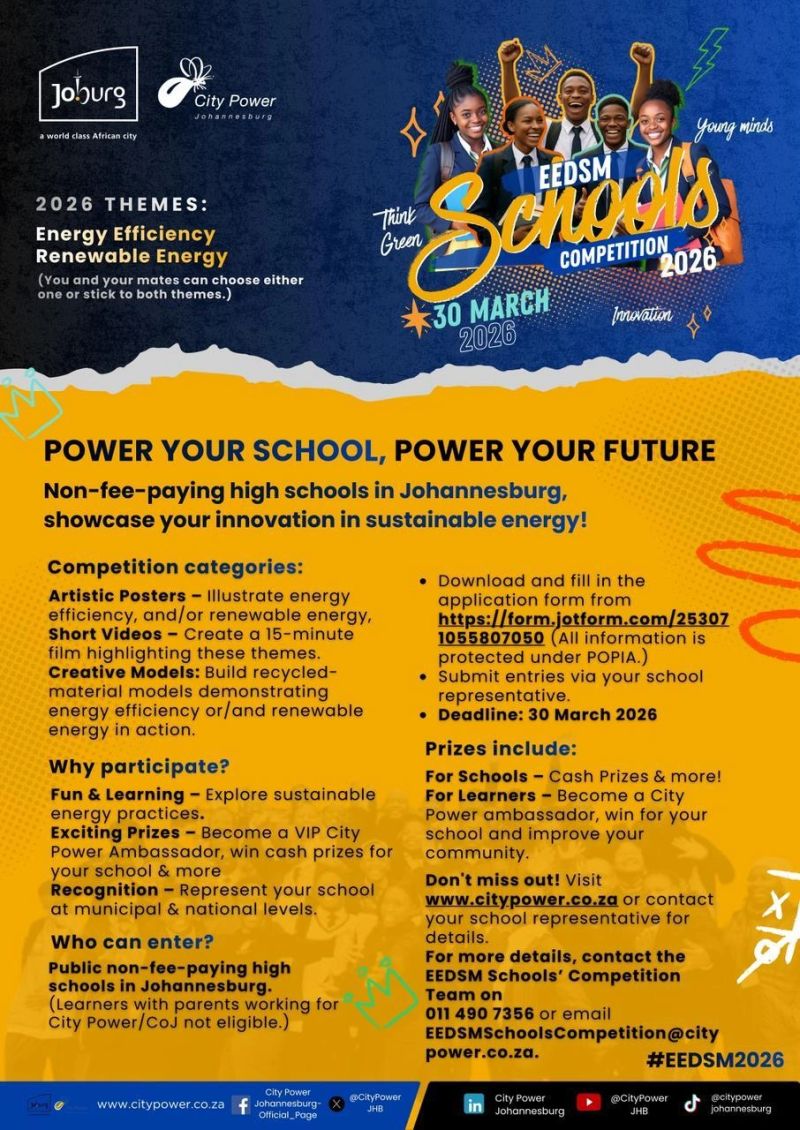By Prof. Busisiwe Mavuso
- South Africa is pursuing a dual strategy of restoring predictable US trade relations while simultaneously diversifying partnerships globally to mitigate tariff uncertainty.
- Major logistics improvements are underway, with port handling times dropping from 21 days to two days and significant gains in rail volumes and border processing efficiency.
- Despite progress, structural reforms still lag with Transnet missing 60% of recovery milestones and port concessioning processes stuck in litigation and delays.
- The combination of infrastructure advances and market diversification is creating a stronger medium-term outlook that will withstand future political and trade policy volatility.
The global economy thrives on predictability. When that certainty evaporates, businesses have to adapt or perish. South Africa is aiming to do two things: restore some level of predictability by engaging with the United States, but simultaneously securing international partnerships and building the infrastructure foundation that enables South Africa to be competitive in global trade.
President Cyril Ramaphosa made this case powerfully last week at the United Nations General Assembly. Speaking at a South Africa-USA trade and investment dialogue, he outlined clear goals for our US relationship: sustain and expand trade flows, keep our companies competitive and ensure workers and consumers in both countries benefit from our partnership.
The practical steps he announced matter. A South Africa-US Trade and Investment Forum will be held alongside next year’s annual investment conference. The US Chamber of Commerce will take over B20 chairmanship from South Africa, providing another way for the two countries to work together on improving trade relationships. These moves can generate real mutual benefit.
But Ramaphosa also confronted an uncomfortable truth. Unprecedented trade policy uncertainty is hammering the global economy, with sharply negative consequences for development. The US remains our second-largest trading partner after China. Yet current tariff policies are forcing countries like ours to diversify risk by seeking new markets.
As the president noted at the Council on Foreign Relations, South Africa is actively upgrading trade relations worldwide. This is an economic necessity. We hope Ramaphosa’s message landed clearly with his US counterparts.
Those of us in business can’t wait for political breakthroughs. The short-term pain is real. We’ve seen retrenchment announcements as companies freeze production lines when orders halt. But we must focus on opportunities we can unlock in new markets and through successful structural reforms.
This brings us to our most critical domestic trade issue: logistics. Last week’s World Bank and S&P Global port rankings again placed South African ports among the world’s worst. That headline stings, but it misses the transformation already underway.
The rankings rely on dated information that doesn’t capture our complex port systems’ recent performance. Current data shows our container ports are tracking 2025/26 targets for units shipped. Durban, ranked last of 403 ports in the World Bank report, now performs in line with global benchmarks. Handling time, measured from lifting a customer’s container off a vessel and transporting it into their facility, has dropped from 21 days to two days since 2023. That’s not just an improvement – it’s a fundamental shift in trading costs.
Beyond ports, the broader logistics picture is brightening. Rail has seen 15% volume increases. Border post queues have been slashed by 83% during peak periods, notwithstanding a 13% increase in the number of vehicles being processed daily. Combined, these improvements mean materially lower trade costs for South African companies. Those are achievements of the business/government partnership that has been formed through the National Logistics Crisis Committee.
The president’s efforts may reduce tariff barriers with the US. Even if they don’t, we’re mitigating the impact through new global partnerships and logistics improvements. But we can do much more domestically to boost competitiveness and make trade a job creator again.
Transnet performance has improved, yet the Auditor General reported that over 60% of recovery plan milestones were missed last financial year. Rail improvements are notable but still behind target. We expect a 5% shortfall this year.
August brought a major breakthrough: eleven train operating companies, including Transnet Freight Rail, were chosen to operate routes across the network. This introduces meaningful competition and should dramatically improve service levels. I hope contracts are concluded speedily and we see the first privately operated trains running soon.
Ports need similar treatment. Concessioning port infrastructure will introduce competition, driving service levels up and costs down. On that front, progress has been slow, with the concessioning of the Durban container port embroiled in litigation and the bringing of other private sector participation opportunities to market being delayed by the analysis required for the unexpected volume of responses received. More needs to be done across the ports, and reforms actually concluded, to get private sector operators investing and working.
US trade tariffs have been disastrous. But I’m confident that logistics advances and new market engagement are creating a better medium-term outlook even as we work through short-term pain. This reflects our ability as South Africans to confront crises together and overcome them.
The foundation we’re building today – stronger ports, competitive rail, diversified partnerships – will serve us well regardless of which political winds blow tomorrow.










